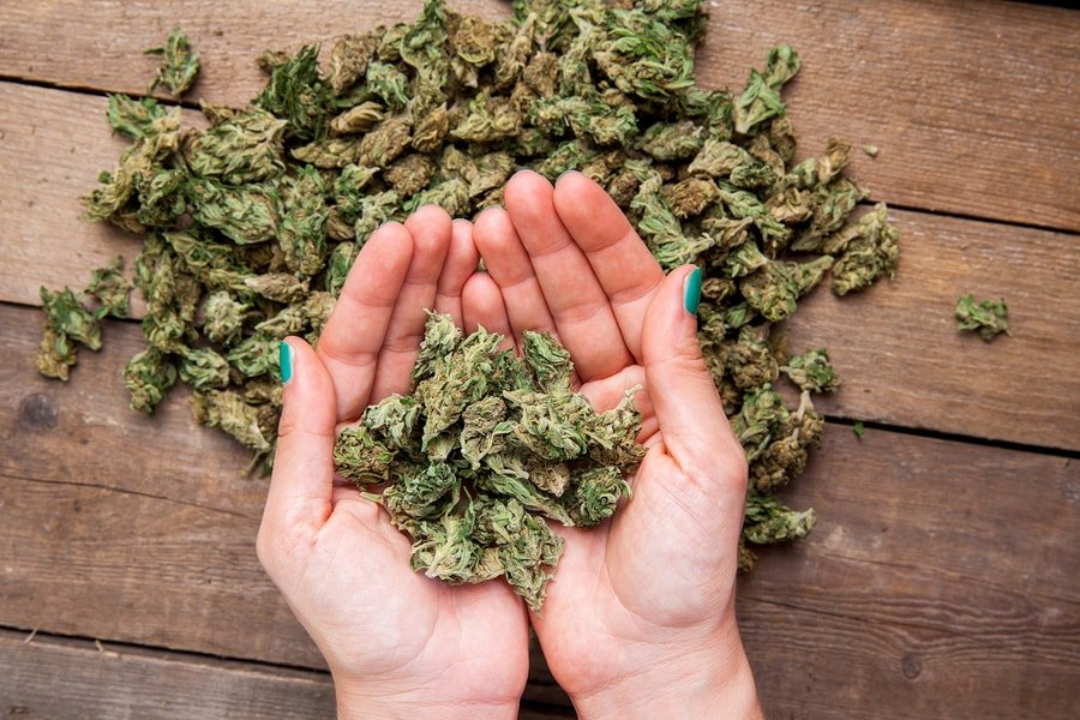
Medical Cannabis in Pregnancy: What Are the Risks?
Introduction
In recent years, medical cannabis has gained significant attention for its potential in managing chronic pain, anxiety, epilepsy, and other health conditions. As its use becomes more mainstream, a growing number of women are questioning whether cannabis could also help with the challenges of pregnancy, such as morning sickness, stress, or sleep difficulties. However, using cannabis during pregnancy is a controversial and complex issue. While some believe it offers relief, health experts warn that the risks may outweigh the potential benefits.
This article explores the reasons why some pregnant women turn to cannabis, the possible risks involved, and what current research and medical professionals have to say.
See more: Ready for Answers? How the Right Sleep Study Machine Reveals Your Nightly Habits
Overview of Medical Cannabis
Medical cannabis refers to the use of compounds from the cannabis plant, particularly THC (tetrahydrocannabinol) and CBD (cannabidiol), for therapeutic purposes. It is commonly prescribed for chronic pain, nausea related to chemotherapy, epilepsy, and anxiety disorders. While CBD is considered non-intoxicating, THC is psychoactive and affects brain function.
In many countries and states, medical cannabis is regulated and only available through prescription, but this regulation becomes more complicated when pregnancy is involved.
Why Some Pregnant Women Consider Cannabis
Pregnancy can bring with it a range of physical and emotional challenges, and some women may view cannabis as a natural way to cope. Common reasons include:
- Morning sickness relief: Nausea and vomiting are among the most cited reasons women consider cannabis use.
- Anxiety and stress reduction: Hormonal changes and pregnancy-related worries may lead some to seek calming effects from cannabis.
- Pain management: Conditions like back pain, migraines, or pelvic discomfort may drive interest in cannabis alternatives.
- Sleep support: Insomnia and disrupted sleep are common in pregnancy, leading some to turn to cannabis as a sleep aid.
Despite these perceived benefits, experts caution that cannabis use in pregnancy poses potential risks for both mother and child.
Potential Risks for the Mother
Cannabis may not only fail to resolve symptoms safely but can also introduce new health issues. Risks for pregnant women include:
- Cognitive impairment: THC can affect judgment, memory, and coordination.
- Mental health concerns: Regular use may worsen anxiety, depression, or trigger dependency.
- Respiratory problems: Smoking cannabis, in particular, can irritate the lungs and contribute to breathing issues.
- Substance dependency: Prolonged use raises concerns about addiction and withdrawal.
These risks highlight the importance of caution and professional medical guidance.
Potential Risks for the Baby
The most pressing concern about cannabis use in pregnancy is its impact on fetal development. Research suggests potential risks such as:

- Restricted growth: Babies exposed to cannabis in the womb may have lower birth weights.
- Preterm birth: Increased likelihood of complications during delivery.
- Neurological effects: THC crosses the placenta and may affect brain development, potentially impacting memory, attention, and learning later in life.
- Behavioral concerns: Some studies link prenatal cannabis exposure to higher rates of hyperactivity and developmental delays.
Although findings are still being studied, the possibility of long-term harm is a major red flag.
What the Research Says
Scientific studies on cannabis in pregnancy are limited, partly due to ethical concerns about conducting clinical trials on expectant mothers. However, observational studies and animal research indicate possible negative outcomes.
- Mixed evidence: Some reports suggest minimal impact when cannabis is used occasionally, while others show significant developmental risks.
- Confounding factors: Lifestyle, nutrition, and concurrent tobacco or alcohol use often complicate results.
- Growing consensus: Most health authorities, including the CDC and the American College of Obstetricians and Gynecologists, strongly discourage cannabis use during pregnancy until more conclusive evidence is available.
Medical and Legal Perspectives
From a medical standpoint, most professionals advise against cannabis use in pregnancy, given the unknowns and potential dangers. Healthcare providers emphasize safer, better-researched alternatives for managing symptoms.
Legally, cannabis regulations vary widely. In some regions, pregnant women caught using cannabis may face legal scrutiny, social services involvement, or restrictions on medical cannabis access. Ethical debates also arise, balancing maternal autonomy with child welfare.
Safer Alternatives
Instead of turning to cannabis, pregnant women can explore safer medical options under the guidance of their doctors:
- Morning sickness: Vitamin B6, ginger supplements, or prescription anti-nausea medications.
- Anxiety and stress: Counseling, mindfulness, prenatal yoga, or safe relaxation techniques.
- Pain management: Physical therapy, approved medications, or lifestyle adjustments.
- Sleep issues: Good sleep hygiene, gentle exercise, and safe relaxation methods.
These alternatives provide safer ways to manage pregnancy-related discomfort without exposing the baby to unknown risks.
Conclusion
The growing popularity of medical cannabis raises important questions about its role in pregnancy. While some expectant mothers see it as a natural solution for nausea, anxiety, or pain, the risks to both mother and baby remain significant and not yet fully understood. Current research leans toward caution, and medical experts consistently advise against cannabis use during pregnancy.
Ultimately, the safest choice is to consult with healthcare providers, explore proven alternatives, and prioritize both maternal well-being and the baby’s healthy development. More research is needed, but until then, avoiding cannabis in pregnancy is the most responsible approach.
Would you like me to also SEO-optimize this article (e.g., adding keywords like “medical cannabis risks,” “cannabis in pregnancy,” and “pregnancy health advice”) so it’s ready for publishing on your blog?
